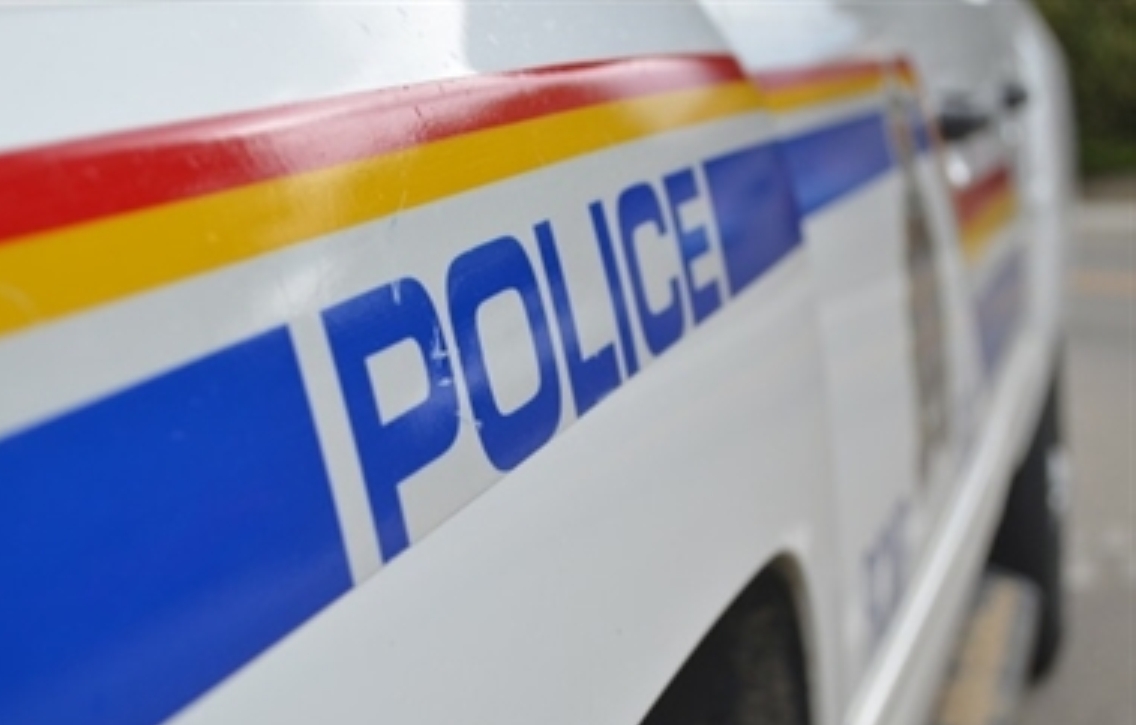IQALUIT, Nunavut — The RCMP‘s watchdog says the Iqaluit detachment has “significant compliance issues” with the force’s strip-search policy.

A report released this week by the Civilian Review and Complaints Commission for the RCMP found that officers in Iqaluit did not properly understand the strip-search policy and lacked guidance from supervisors.
It also found the Iqaluit detachment did not document or properly explain its grounds for conducting strip searches.
The report looked at how strip searches are conducted and reported at seven RCMP detachments across the country.
In 2001, the Supreme Court of Canada ruled that strip searches are “inherently humiliating and degrading,” the report states.
Starting in 2018, the commission reviewed 162 files from the Iqaluit RCMP detachment, 158 of which included the removal of a prisoner’s bra and/or underwear.
“Despite this, only three per cent of files documented the search,” the report states.
It found that authorization from a supervisor was not documented in any of the 158 files. Through interviews, Iqaluit officers told the commission the removal of bras is not considered a strip search and supervisor approval is not needed.
Iqaluit RCMP members told the commission that bras are removed to prevent prisoners from using it to hang themselves.

“According to member interviews, if a person refused to remove their clothing, the members would cut it off, which did not constitute a strip search, in their view,” the report states.
It says all strip searches are done in the Iqaluit detachment’s cells and are recorded on video.
Iqaluit officers also reported they dealt with highly intoxicated or high-risk prisoners and had developed a protocol for repeat detainees.
“With one such person, Iqaluit members informed the commission that they have a ‘procedure’ for dealing with her — they turn on the audio and video recording, strip her of her clothing, and put her in a restraint chair for a stipulated time,” the report states.
When asked, most of the Iqaluit RCMP members, “including the officer in charge,” did not know the definition of a strip search, the report states.
Members also said such searches were often not documented because, in the officers’ view, stripping prisoners of their clothing for safety or self-harm reasons was not considered a strip search.
“When asked if members would document the event, specifically the removal of clothing, the members replied that they would not.

The report notes that although the review focused on Iqaluit, “the commission is concerned that this may be reflective of a broader divisional problem in Nunavut.”
It also recommends that the Nunavut RCMP give members guidance on how to handle vulnerable detainees and that the division consider providing trauma-informed training.
In a news release, the Nunavut RCMP said they welcomed the report and had taken steps to address its findings.
The steps include updating best practices for strip searches, establishing a tracking method and ensuring adequate supervision.
They also said an online course on using a “trauma-informed approach” was made mandatory for all officers in June. Officers are also to receive mental-health first-aid training with an Inuit-specific context, the release states.
“We continue to work to help ensure persons who are detained are treated with respect and dignity, in compliance with the law, while helping our members to better support those in need as it relates to addictions, mental health, self-harm and vulnerable persons,” Nunavut RCMP’s Chief Supt. Amanda Jones said in the release.
The commission’s findings follow its 2017 report that found “significant shortcomings in the RCMP’s personal search policies.”
This story was produced with the financial assistance of the Facebook and Canadian Press News Fellowship
- Posters promoting ‘Steal From Loblaws Day’ are circulating. How did we get here?
- Video shows Ontario police sharing Trudeau’s location with protester, investigation launched
- Canadian food banks are on the brink: ‘This is not a sustainable situation’
- Solar eclipse eye damage: More than 160 cases reported in Ontario, Quebec



Comments